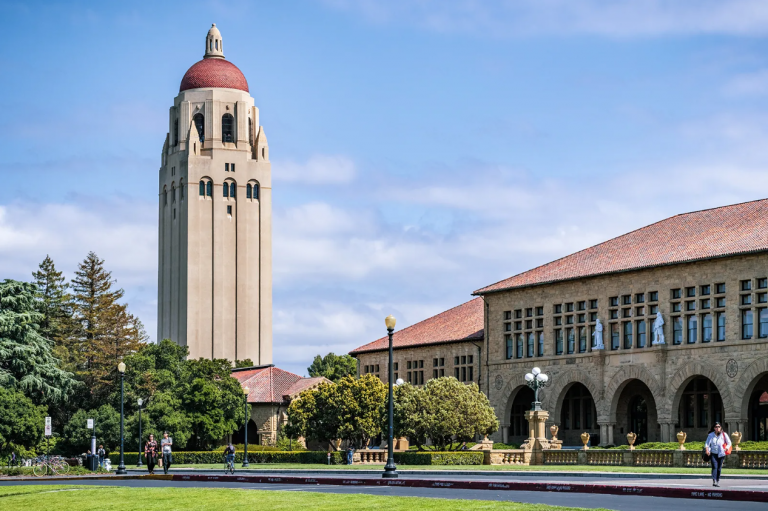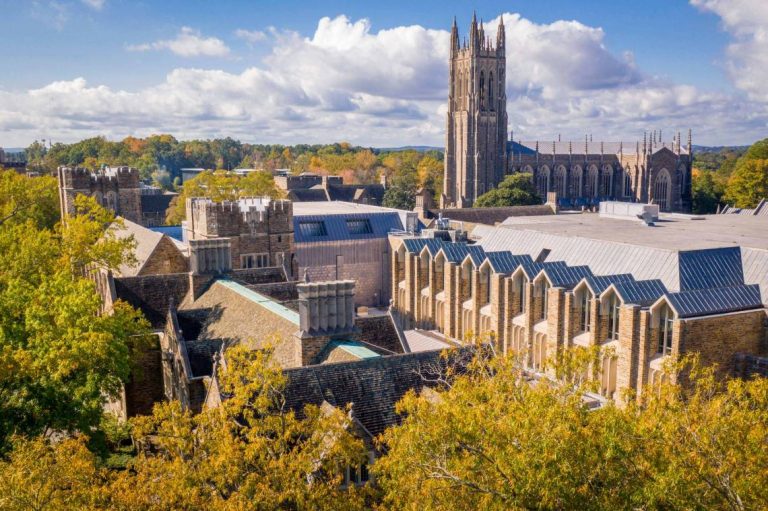The Non-Ivy Schools: Duke, Stanford, MIT

Have you ever wondered what the term “Ivy League” actually means? Initially coined in 1954, this phrase wasn’t always associated with academic prowess. Instead, it was used to honor institutions with distinguished achievements in athletics, especially basketball and hockey.
The Ivy League comprises eight illustrious institutions scattered across the United States:
- Brown University, Providence, Rhode Island
- Harvard University, Cambridge, Massachusetts
- Cornell University, Ithaca, New York
- Princeton University, Princeton, New Jersey
- Dartmouth University, Hanover, New Hampshire
- Yale University, New Haven, Connecticut
- Columbia University, New York City, New York
Are Ivy League institutions elite by default? No, not necessarily. However, they are chosen by many students due to their reputation for delivering world-class education.
The Ivy League schools are renowned for their rigorous selection process and are often ranked among the best for law and medical programs. Earning admission into one of these institutions is a feat itself, demanding extraordinary work ethic.
A significant number of U.S. presidents have graced the halls of these institutions, further elevating their stature.

Beyond Ivy: Stanford, MIT, and Duke
While Ivy League colleges bask in their prestige, many other institutions provide education that competes with, if not surpasses, that of the Ivy League. Stanford, MIT, and Duke are shining examples of this.
When the Ivy League was established, these institutions didn’t have notably robust athletic programs, hence their exclusion. However, their academic performance is often at par with, and sometimes even surpasses, their Ivy League counterparts. Cultural perceptions may still favor the Ivy League, but these institutions are breaking down those barriers.
Let’s debunk the myth “Ivy League = Superior” and look at the data to identify the real differences between these institutions. Your choice of school should be aligned with your life goals – what matters is to graduate from a reputable institution that helps you land your dream job.
Acceptance Rates
Ivy League universities have notoriously low acceptance rates, often below 10%. Cornell stands as a slight exception, with an acceptance rate of 11%.
Stanford, MIT, and Duke, though not part of the Ivy League, are equally selective, with admission rates of 4%, 7%, and 8% respectively. Stanford even boasts the lowest admission rate of any school!
Low acceptance rates indicate these institutions’ commitment to their students – they only admit those they believe will complete their programs and achieve outstanding results.
Stanford, MIT, and Duke Compared
| Stats | Stanford | MIT | Duke |
|---|---|---|---|
| U.S. News Ranking | #3 in National Universities | #2 in National Universities | #10 in National Universities |
| Average Alumni Starting Salary | $73,900 | $82,700 | $68,900 |
| Setting | Suburban | Urban | Suburban |
| School Type | Private | Private | Private |
| Total Undergraduate Enrollment | 7,645(fall 2021) | 4,638(fall 2021) | 6,883(fall 2021) |
| Acceptance Rate | 4% | 7% | 8% |
| 4-Year Graduation Rate | 94 | 95 | 94 |
| Tuition and Fees | $56,169 | $57,986 | $63,054 |
| Average Total Indebtedness of 2021 Graduating Class | $23,318 | $26,339 | $24,436 |
| ACT Range | 34-35 | 34-36 | 33-35 |
| SAT® Range | 1470-1570 | 1510-1580 | 1480-1570 |
| Average Need-Based Scholarship or Grant Award (Freshmen) | $62,500 | $57,084 | $56,197 |
Graduation Rates
Graduation rates are consistently high among these institutions. The Ivy League schools have an average graduation rate of 95.93%.
How about Stanford, MIT, and Duke?
- Stanford’s graduation rate is 94%
- Duke’s graduation rate is approximately 94%
- MIT’s graduation rate is 95%
These figures show that all these universities provide students with the resources necessary for academic and career success.
Employment Rates
For most students, the ultimate goal is to secure a job after graduation. Thankfully, all Ivy League schools and the likes of MIT, Duke, and Stanford virtually guarantee employment shortly after graduation. Most have employment rates for recent graduates above 90% within three months, and many arrange internships at reputable companies for their students.
Are Ivy League Schools Superior for Career Opportunities?
While it might have been true in the past that an Ivy League degree was a ticket to better jobs, employers are evolving. These days, graduating from any of the top 20 American institutions can secure great employment opportunities. Your education, skills, and ability to demonstrate your value to an employer matter far more than where you studied.

The Takeaway
Stanford, MIT, and Duke may not be part of the Ivy League due to the historical emphasis on athletics, but they are by no means inferior. These institutions stand shoulder-to-shoulder with Ivy League colleges, offering top-tier educational standards and competitive employment opportunities. They consistently rank among the country’s top 15 institutions.
Determining the right school for you is a personal decision. All of these schools pose stiff competition for applicants, whether they belong to the Ivy League or not. To gain acceptance into Ivy League schools, Stanford, MIT, or Duke, you need to display exceptional capabilities.
Ultimately, your success hinges on your dedication and commitment. Aspiring for your dream job? Invest effort in your studies, strive for excellence, and never give up even if the top-tier schools are currently out of reach. There are many other excellent universities with less stringent admission criteria that can equip you for a successful career.
Remember, prestige is subjective, and the key to success lies in your skills and determination, not the name of the institution on your degree.
So why wait? Start your journey to an Ivy League institution, Stanford, MIT, or Duke today. Need help getting started?
Schedule a FREE consultation with us. We’re here to help you reach your academic aspirations!
SAT® is a trademark owned by the College Board, which is not affiliated with, and does not endorse Tokyo Academics.

